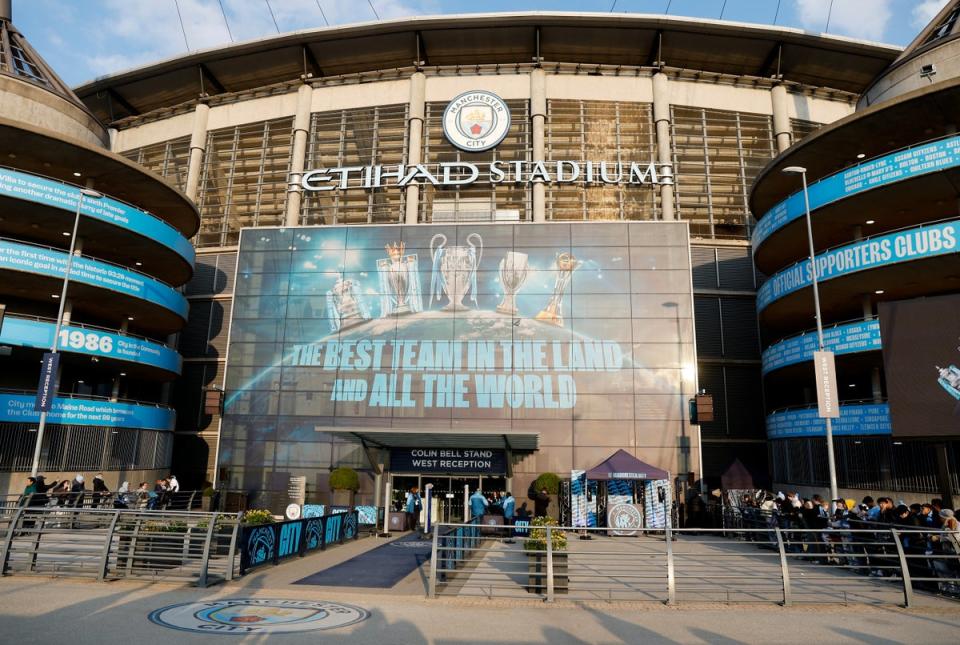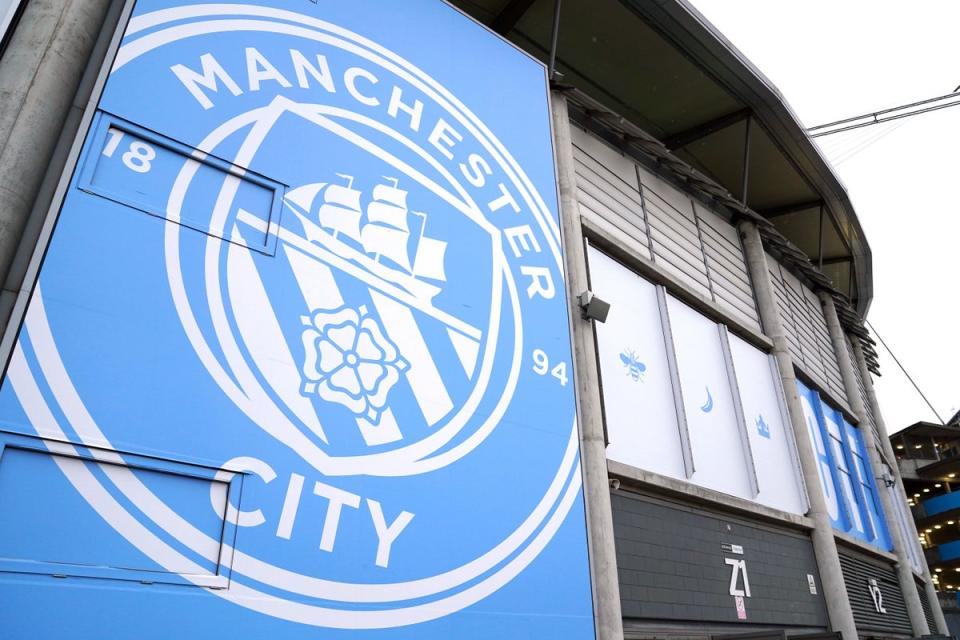Why are Manchester City suing the Premier League and what happens next?

Manchester City are suing the Premier League in the latest bizarre twist of a bitter battle at the summit of English football.
It is an extraordinary situation for the world’s most successful league, as one of its own clubs – the champions, no less – take it to court.
The news was broken by The Times last Tuesday and was been confirmed by The Independent. Neither Manchester City nor the Premier League are commenting on the case, which starts today and is expected to last until 21 June.
Why are Manchester City suing the Premier League?
City’s lawyers claim the Premier League’s rules around sponsorship agreements are incompatible with UK competition law.
City’s gripe is with a specific set of Premier League regulations, called Associated Party Transaction rules (APT). These are the rules which restrict an owner’s ability to arrange large sponsorship agreements between the club they run and the companies they own or are associated with.
Independent auditors assess such deals to ensure they are priced at fair market value, to prevent clubs from gaining an unfair advantage by artificially inflating these sponsorships.
The rules relate not only to associated commercial enterprises sponsoring clubs, but also to players being transferred between two clubs with a shared ownership, as is increasingly common in modern football, with the City Group being one example of a series of connected clubs.

The principles behind the Premier League’s financial rules are to protect clubs from going out of business, to ensure they are sustainably run and to create an element of fairness across the board, in which clubs can only spend what they earn.
But City claim the rules are “restrictive and anti-competitive”, and were agreed by other clubs to deny them success, describing the situation as “a tyranny of the majority”. They say the rules are unfair and should be abolished.
They also claim the regulations are a form of discrimination against Gulf ownership. City are owned by Mansour bin Zayed Al Nahyan, royalty of the United Arab Emirates, and are sponsored by several UAE organisations including Etihad Airways. The rules were tightened as a response to the Saudi-funded takeover of Newcastle United.
City are seeking damages, compensating for a loss of earnings as a result of the restrictions.
Is this linked to the league’s 115 charges against City?
This is a separate legal case to the Premier League’s 115 charges against City for breaching its financial regulations from 2009 and 2018, which City deny – but the subject matter is clearly linked.
Part of the case against City was around the sponsorship money the club received from Abu Dhabi. By suing the Premier League over those very rules, it looks as though City are effectively trying to undermine the Premier League’s case against them.
When is the hearing in City’s case against the Premier League?
The hearing begins on Monday and has no fixed end date. These are arbitration proceedings, which are held in private and are confidential, so we may not hear much about them until a decision is reached.
What happens next?
If City win, it would cause a seismic shock in the Premier League and would change the way finances are run at the top of the English game. It could also threaten the structure of the league, which currently creates its rules based on a two-thirds majority vote.
Daniel Gore, a senior associate at the law firm Withers, said: “It is hard to see how effective governance could take place without a (majority vote) threshold such as this, so Man City’s challenge could plunge the Premier League’s governance structure into chaos and make it harder for any decision to take place.”
If City fail, it would strengthen the Premier League’s authority and embolden its rules and regulations. And it might not help City’s cause in the fight against the 115 charges.

